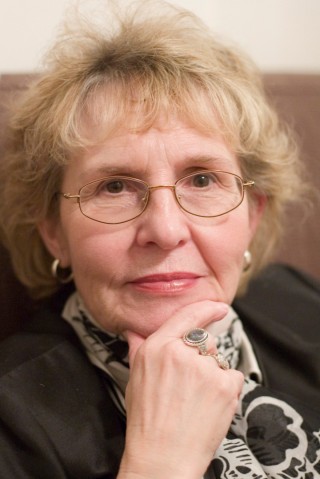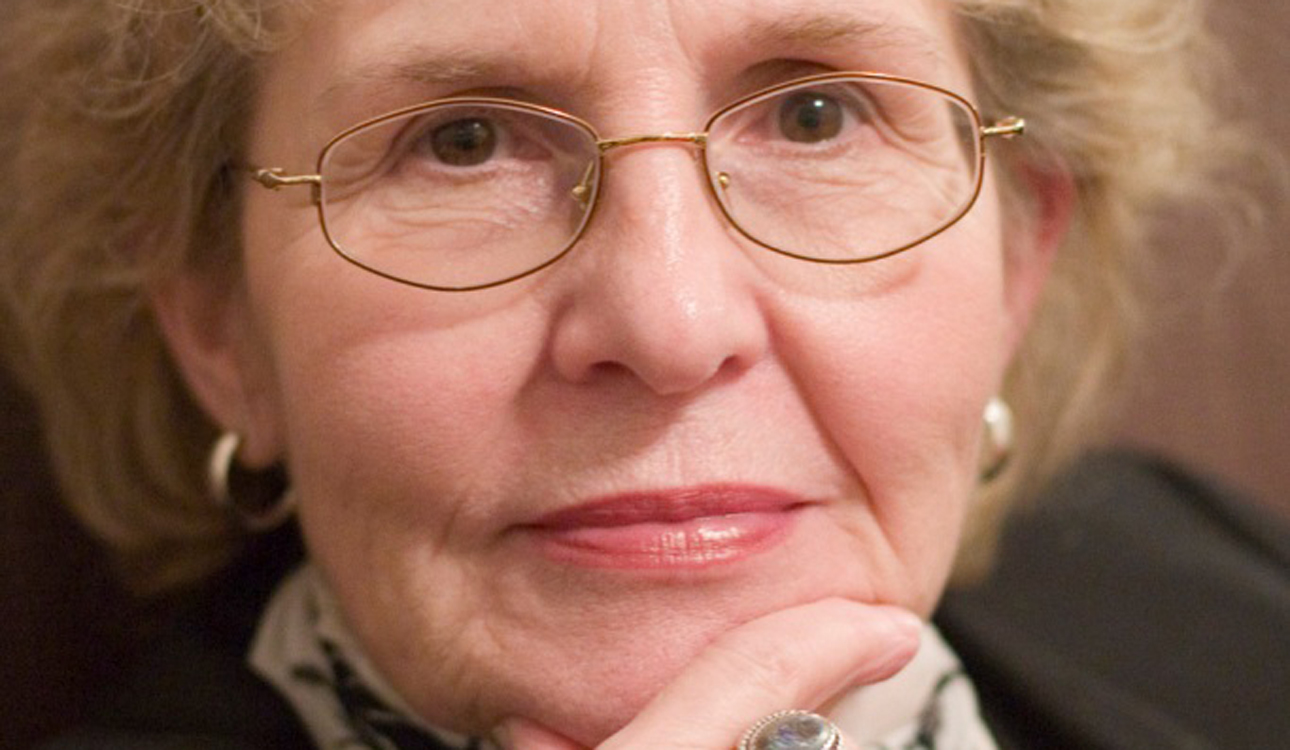
By Daniel C. Houston
Staff Writer
In addition to Baylor’s newest physicist Dr. Marlan Scully this week, the university announced a new partnership with influential social theorist Dr. Jean Bethke Elshtain, who will give her first lecture today as a Baylor faculty member and visiting distinguished professor of religion and public life.
Elshtain, who will teach seminars and concentrated minimester courses at Baylor starting in the spring while retaining her current affiliation as professor at the University of Chicago, has written more than a dozen books, including “Just War Theory,” “Democracy on Trial,” and, most recently, “Sovereignty: God, State, Self.”
“[There are] no classes set yet, and when I do teach classes they’ll be of a particular sort,” Elshtain said. “They won’t be regularly scheduled courses in the curriculum; they’ll offer a very concentrated look at a particular issue or a particular text. We’ll do some experimenting, if you will, about how to approach this. We’re still exploring different possibilities.”
Dr. Byron Johnson, professor and director of the Institute for Studies of Religion, who was instrumental in recruiting Elshtain to join Baylor’s faculty, said Baylor will benefit not only from her teaching, but also from the prestige associated with being listed in her future books.
“When you have people of that stature affiliated with your university, it brings so much credibility,” Johnson said. “We have not had faculty of her caliber. You always want people of the highest quality you can get. We’re in special company with her at Baylor, and having her books identified with Baylor is a big shot in the arm for the institution.”
Elshtain shows no signs of putting the breaks on her prolific writing career. She is beginning, at the request of some of her readers, to work on a follow-up to her 1993 book, “Democracy on Trial,” in order to assess the prospects for democracy in a post-9/11 world. She also intends to write a book that analyzes ways in which films can be morally instructive or morally damaging.
“I’m really interested in the question of political evil, of the ways people have organized to perpetrate horrible things and the ways people have organized to make the world more decent and more fair,” Elshtain said. “I’m also interested in issues of force, about those occasions when it’s justified and, by contrast, occasions when the use of force is unjust or inappropriate, and how you distinguish between those two.”
Dr. David Clinton, professor and chair of the political science department, said Elshtain’s knowledge of the philosophical concept of state sovereignty will prove to be a beneficial resource for his department.
“[Sovereignty], of course, is a foundational topic in the study of politics, and I think that is a really valuable contribution to my own discipline,” Clinton said, “though I recognize that her studies go well beyond that discipline.”
Elshtain had visited Baylor previously, delivering a lecture last November on the importance of a liberal arts education as part of the Presidential Symposium Series following President Ken Starr’s inauguration.
“The occasions when I’ve been here up to this point, I’ve left Baylor feeling very good about my time there,” Elshtain said. “Everyone has been extraordinarily helpful and accommodating. I’m sure that will continue to be the case.”
Elshtain’s lecture, entitled, “The Ups and Downs of a Christian Philosopher,” will take place at 3 p.m. in Kayser Auditorium in the Hankamer School of Business.






